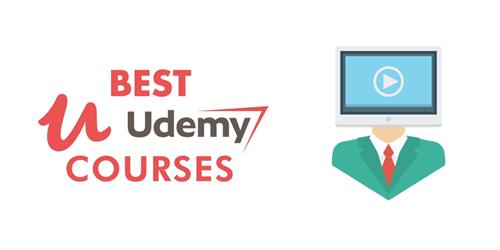Please, rate the engine Author: warezcrackfull on 15-11-2024, 06:15, Views: 0
Respected Sites
Survey
Ads
Warezcrackfull.com » Tutorial » Getting Started With LINQ in C#
Getting Started With LINQ in C#

Free Download Getting Started With LINQ in C#
Published 10/2024
Created by Cesar Aguirre
MP4 | Video: h264, 1280x720 | Audio: AAC, 44.1 KHz, 2 Ch
Genre: eLearning | Language: English | Duration: 53 Lectures ( 1h 46m ) | Size: 707 MB
Start working productively with LINQ in less than 2 hours
What you'll learn:
Understand the key differences between LINQ and loops
Use the most common LINQ methods to work with collections
Identify and fix common mistakes when using LINQ with collections
Use LINQ to refactor away from conditionals
Learn new LINQ methods and overloads from recent .NET versions
Requirements:
Know the C# syntax to declare and initialize objects
Write conditionals (such as if, else, and switch) and loops (such as for, while, and foreach)
Work with collections like arrays and lists
Have the latest version of the .NET SDK installed
Description:
Collections are everywhere. Comments in a post, purchased items in an invoice, and guests in a hotel reservation.We often work with these collections using for, foreach, and other loops. But C#, has a feature specifically designed for working with collections:Language Integrated Query (LINQ).With LINQ, you filter, transform, and query collections, using more concise and readable code than traditional loops.This is the one C# feature you can't ignore. In fact, it's the best of all C# features. Ever.What you will learn?In this course, we're covering everything you need to know to start working productively with LINQ, in less than 2 hours.After taking this course, you will:Understand the key differences between LINQ and loops.Learn the most frequently used LINQ methods for working with collections.Identify and fix common mistakes when using LINQ.Refactor away from conditionals using LINQ.Explore the latest LINQ methods and overloads from recent .NET versions.LINQ works with XML files and database records too. But, in this course, we're focusing on LINQ and collections like arrays and lists.Think of this course like the 20% of the LINQ features you're using 80% of the time (That's the Pareto Principle, by the way). We're not covering every single LINQ method out there, but the most frequently used ones. And that's on purpose. In our every day coding (and jobs) we keep using a handful of methods most of the time.Who is this course for?If you're a beginner or intermediate C# developer who want to write more compact and expressive code when working with collections, this course is for you.You should be comfortable declaring and initializing C# objects and working with conditionals, loops, and collections such as arrays and lists.By the end of this course, you'll be ready to productively manipulate collections with LINQ.See you in the first lesson.
Who this course is for:
C# developers who want to write more compact and expressive code when working with collections
C# developers looking to stay up-to-date with LINQ features in recent .NET versions
Homepagehttps://www.udemy.com/course/getting-started-with-linq-in-csharp/
Buy Premium From My Links To Get Resumable Support,Max Speed & Support MeNo Password - Links are InterchangeableComments
Archived warez downloads
January 2025 (668)
December 2024 (3717)
November 2024 (6839)
October 2024 (2594)
September 2024 (5333)
August 2024 (6201)
Friends
All rights by WarezCrackFull.com 2024 Sitemap
